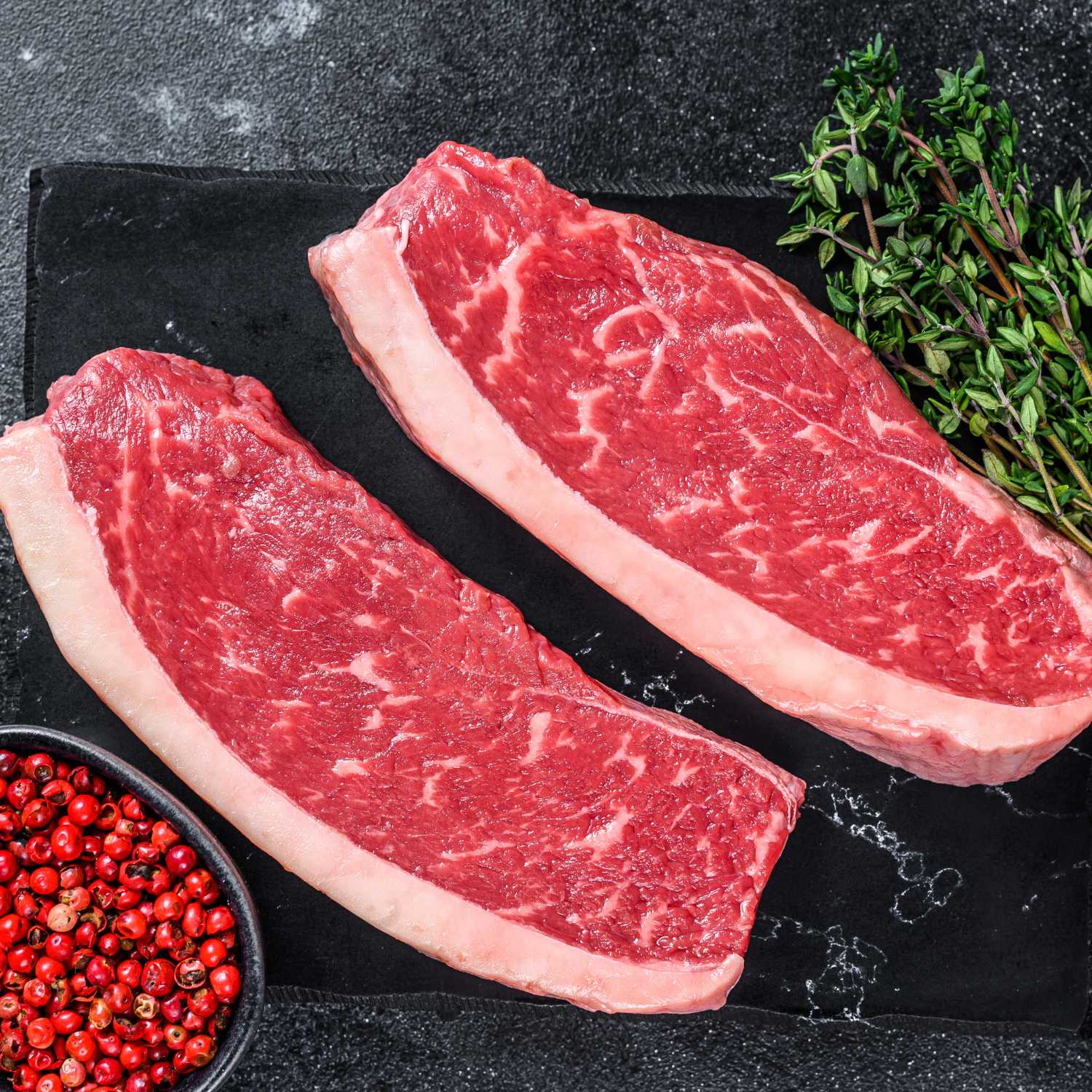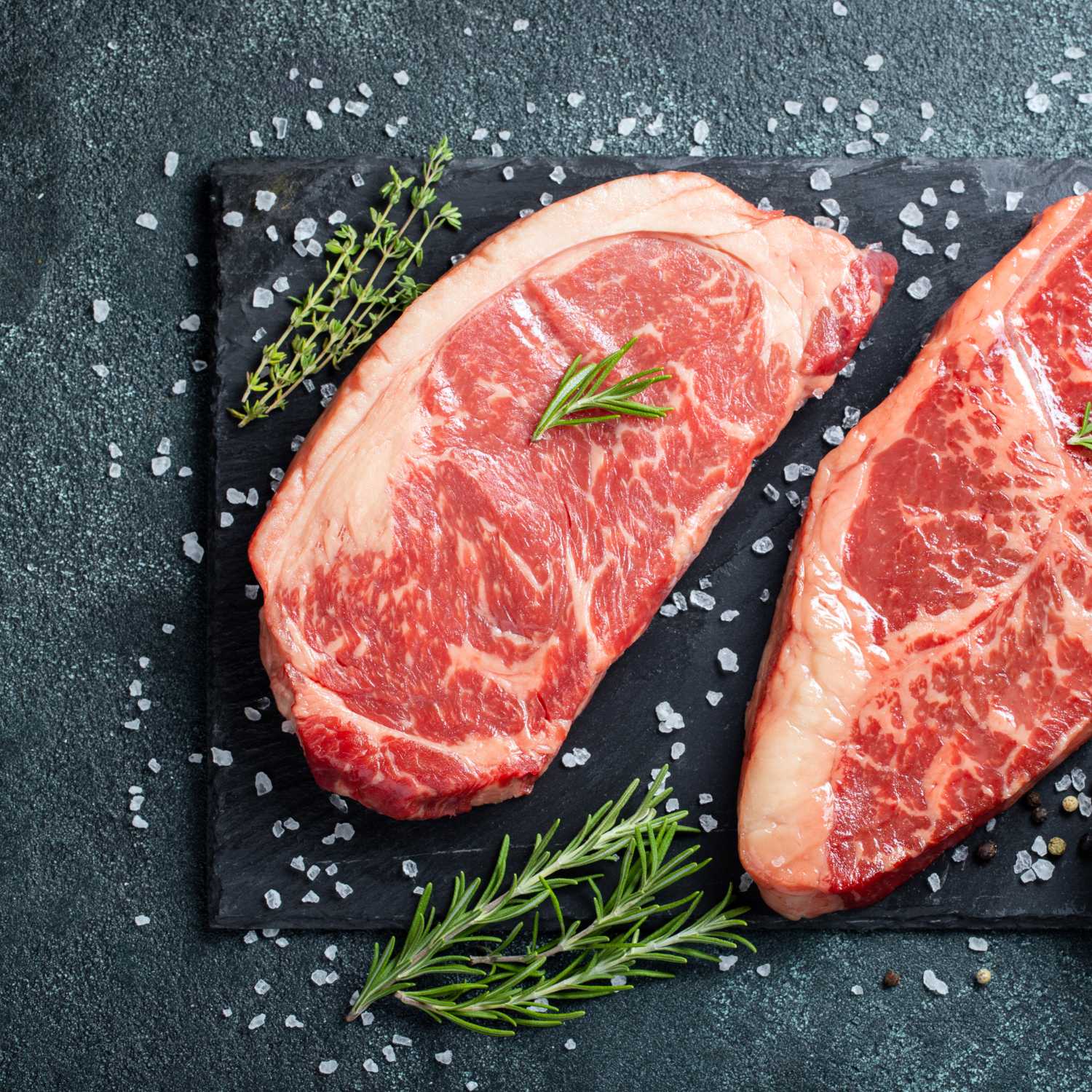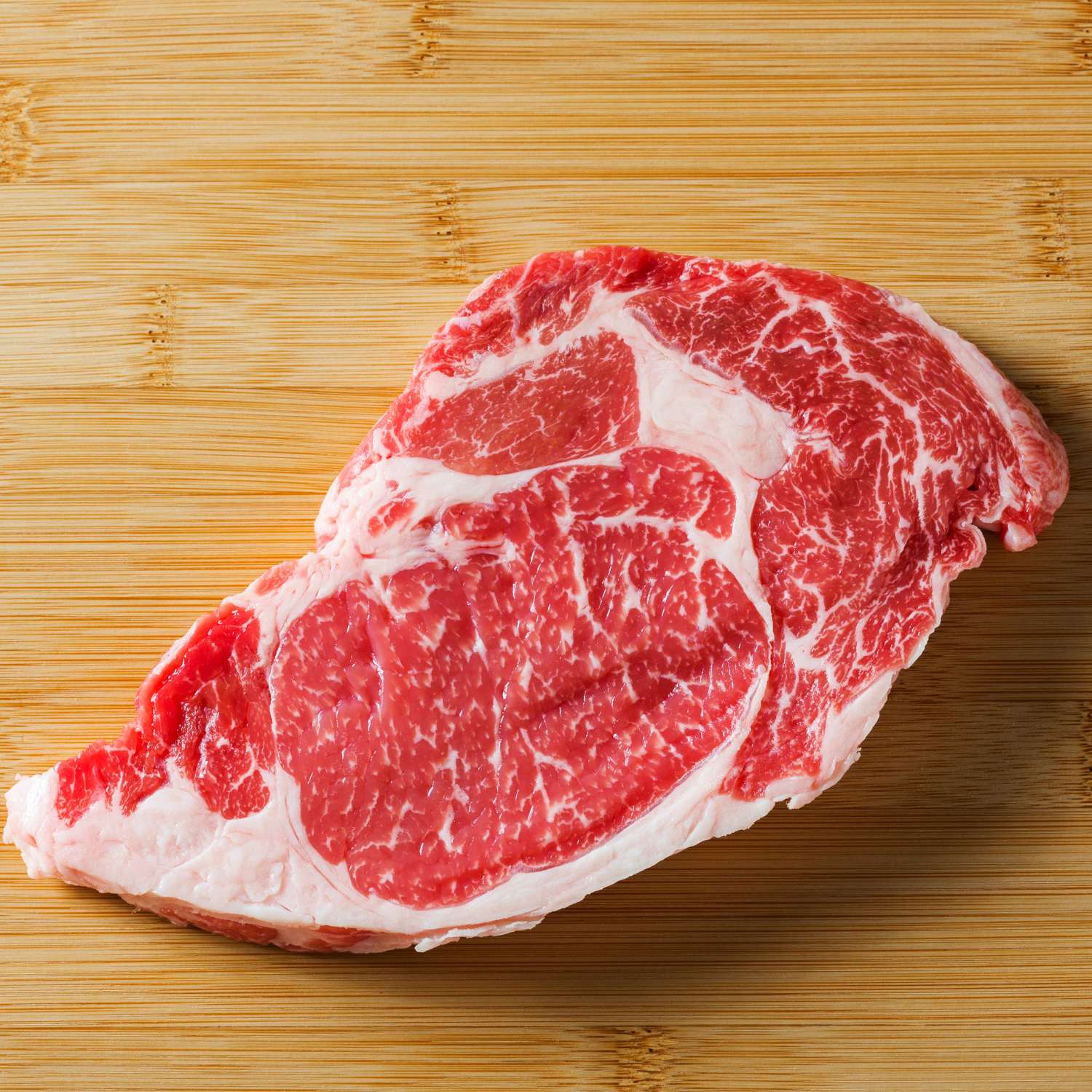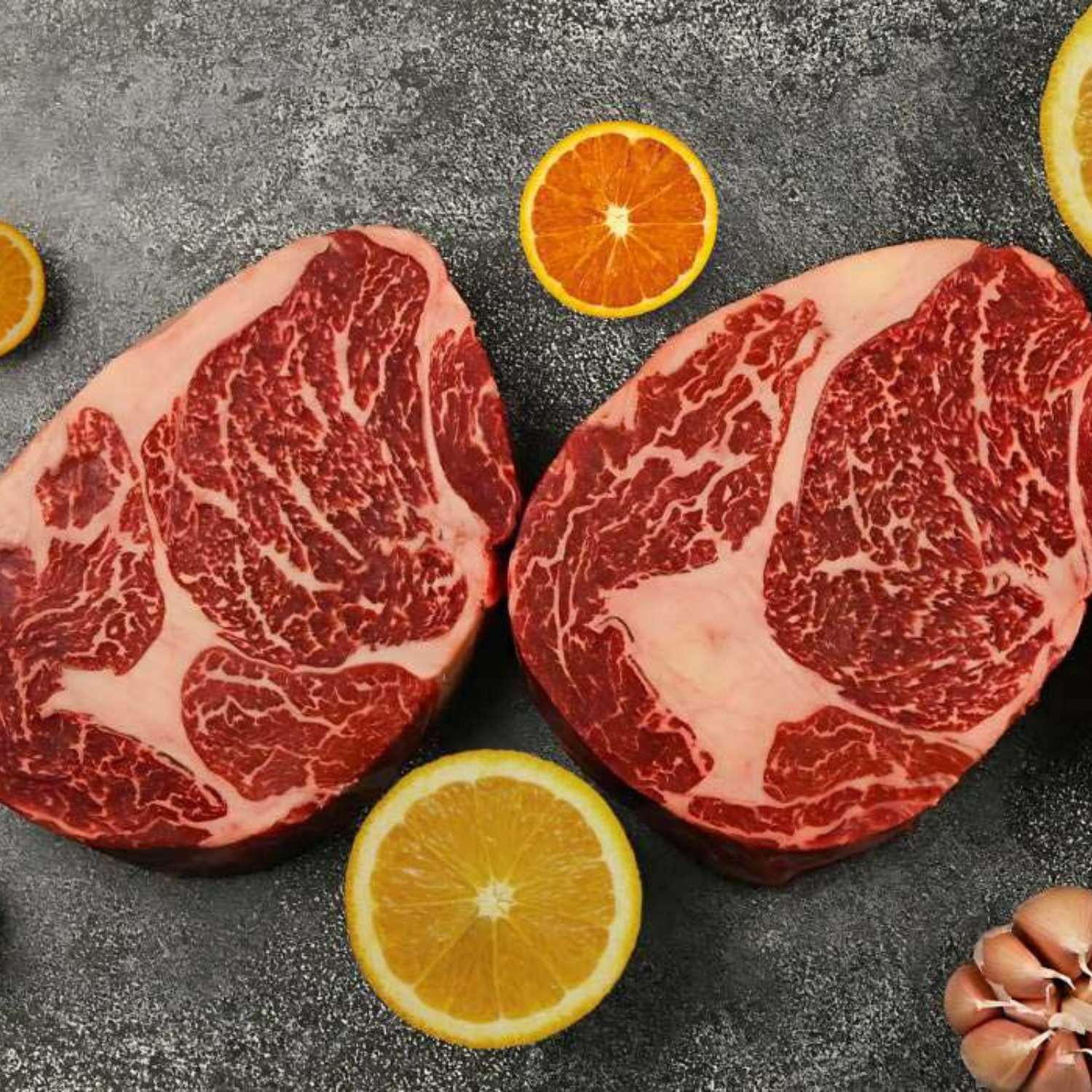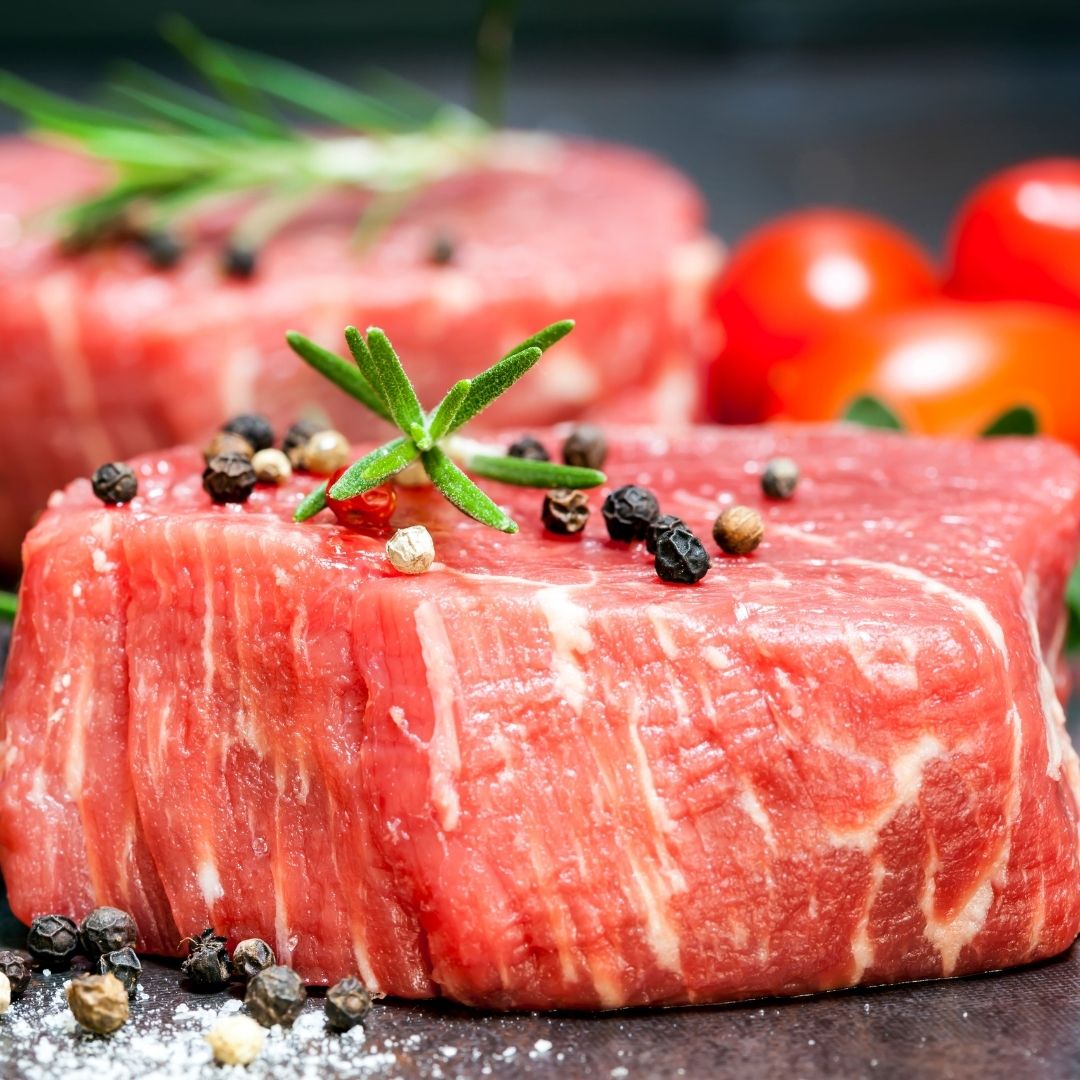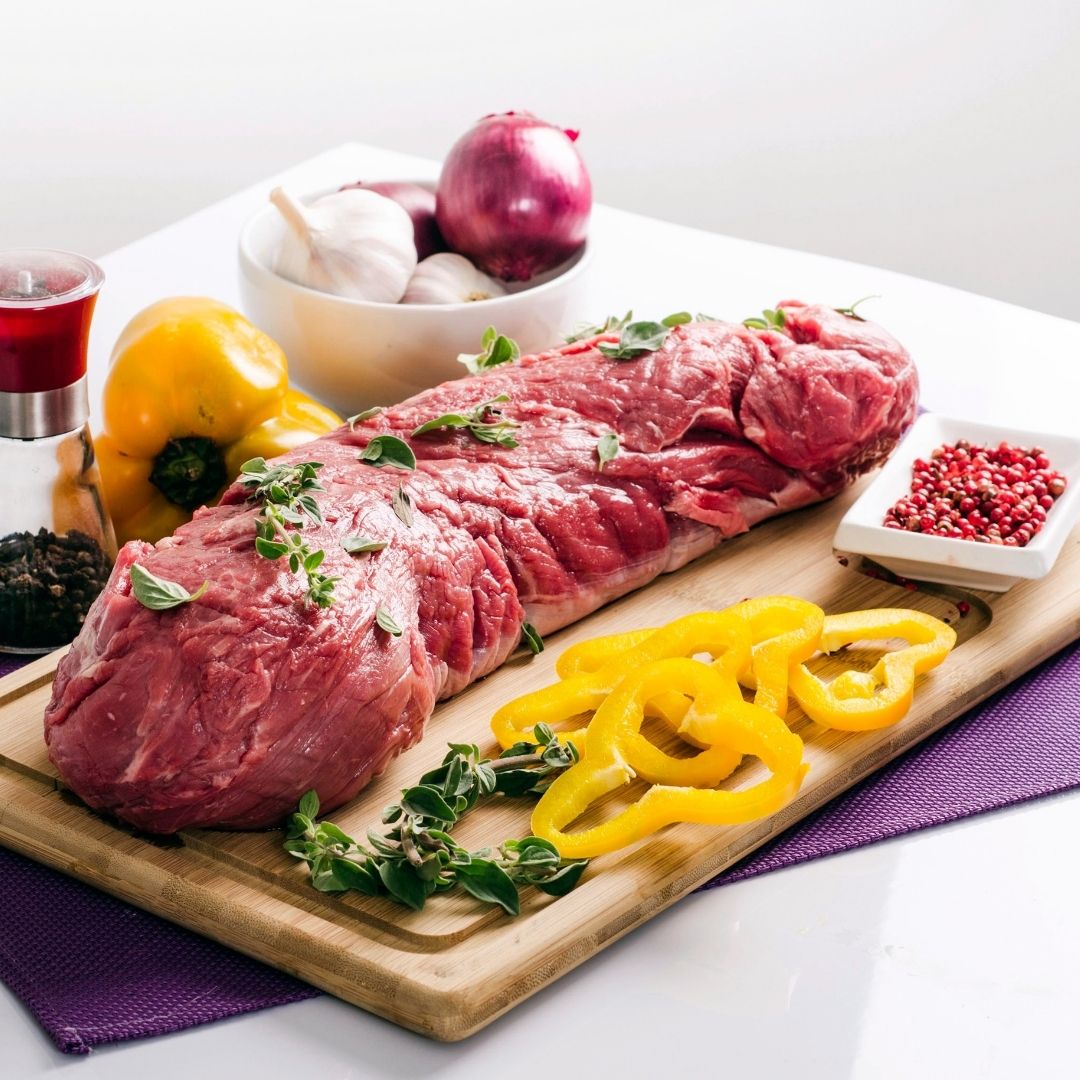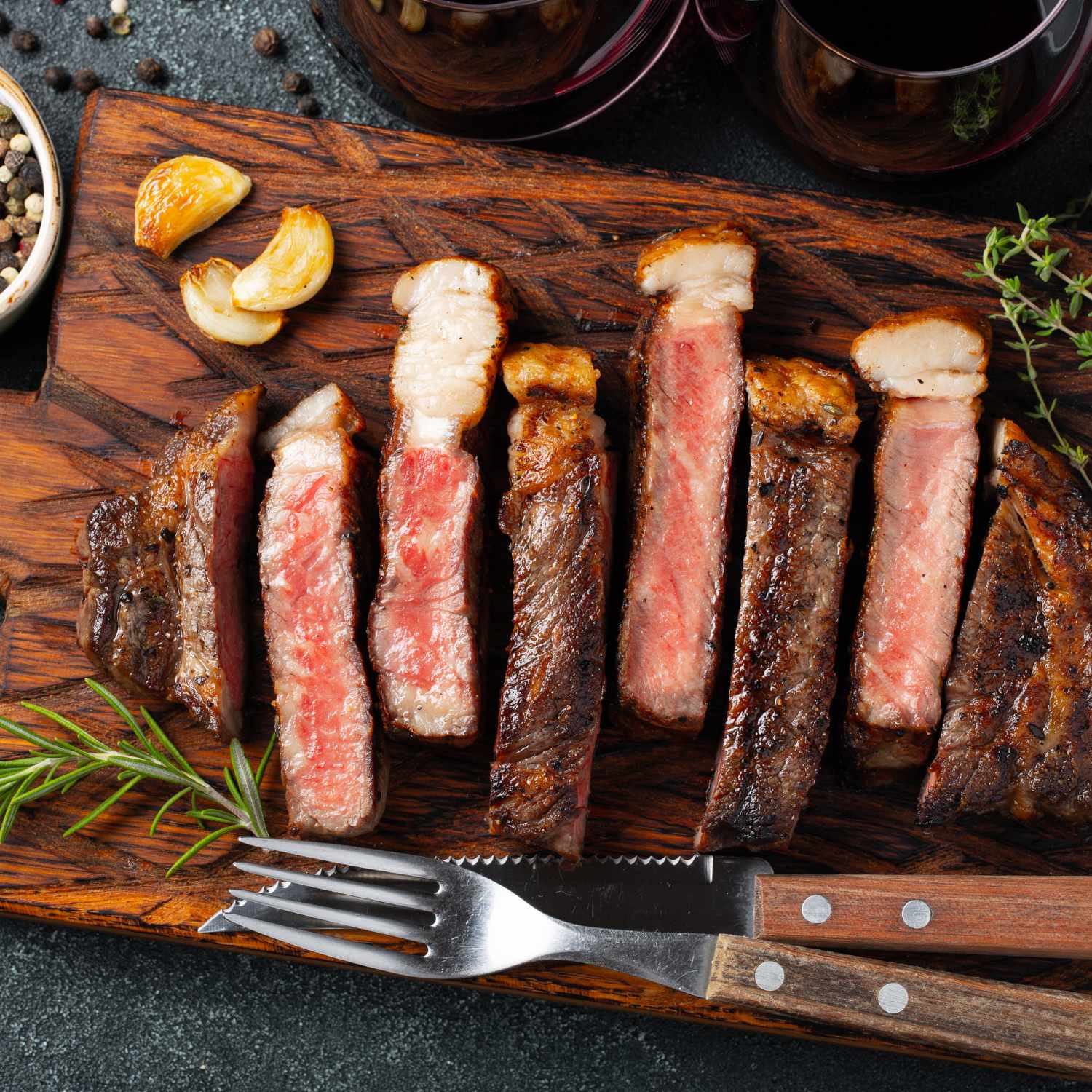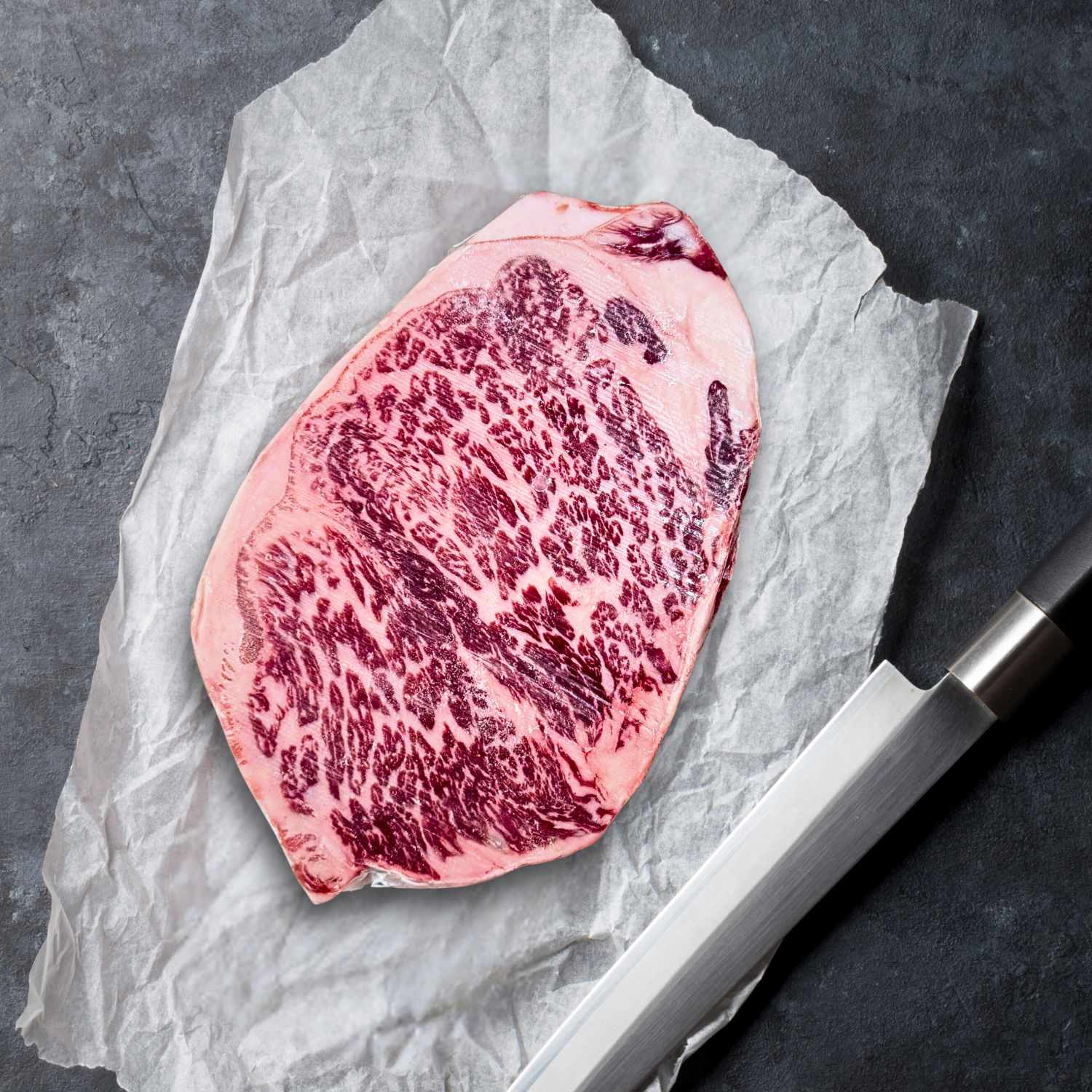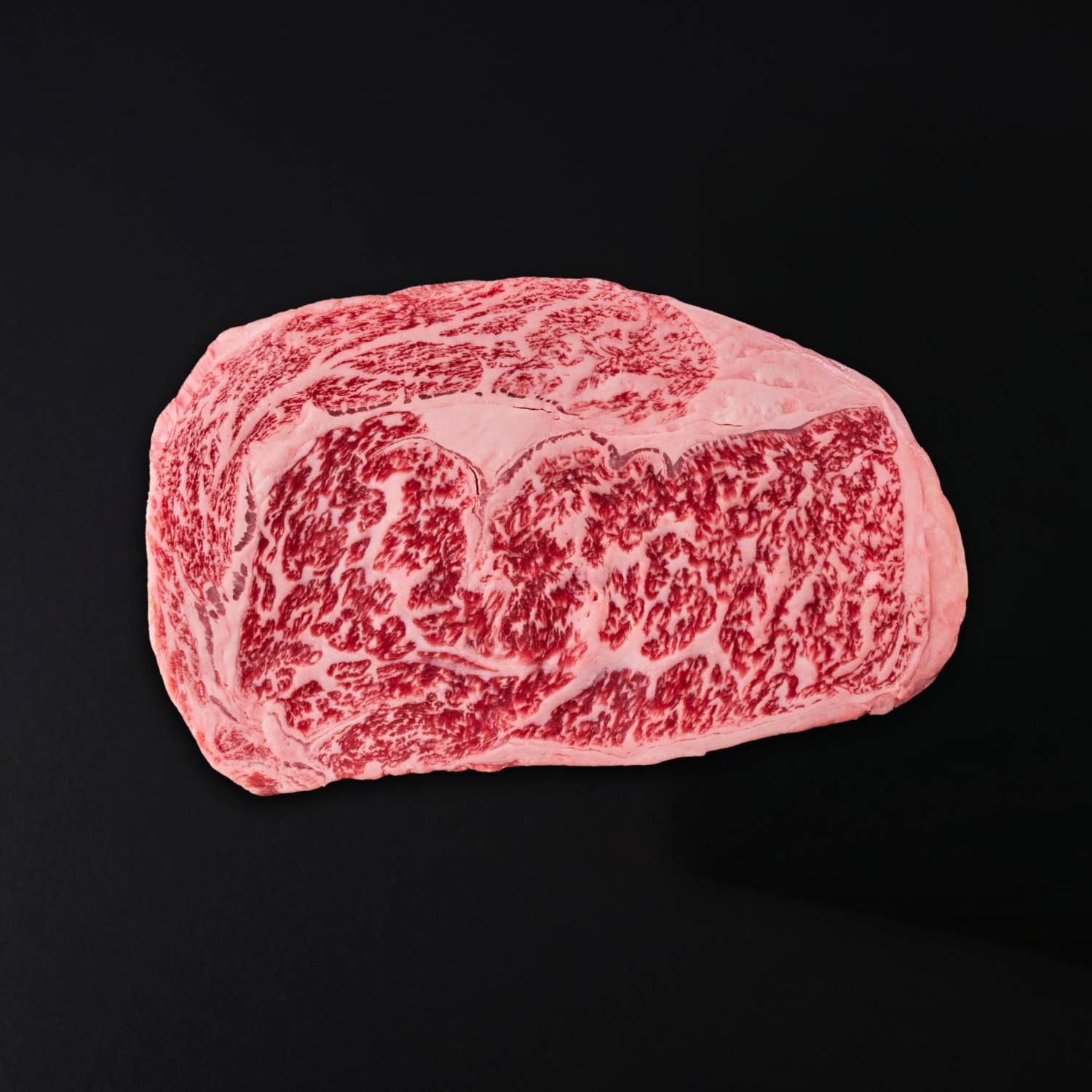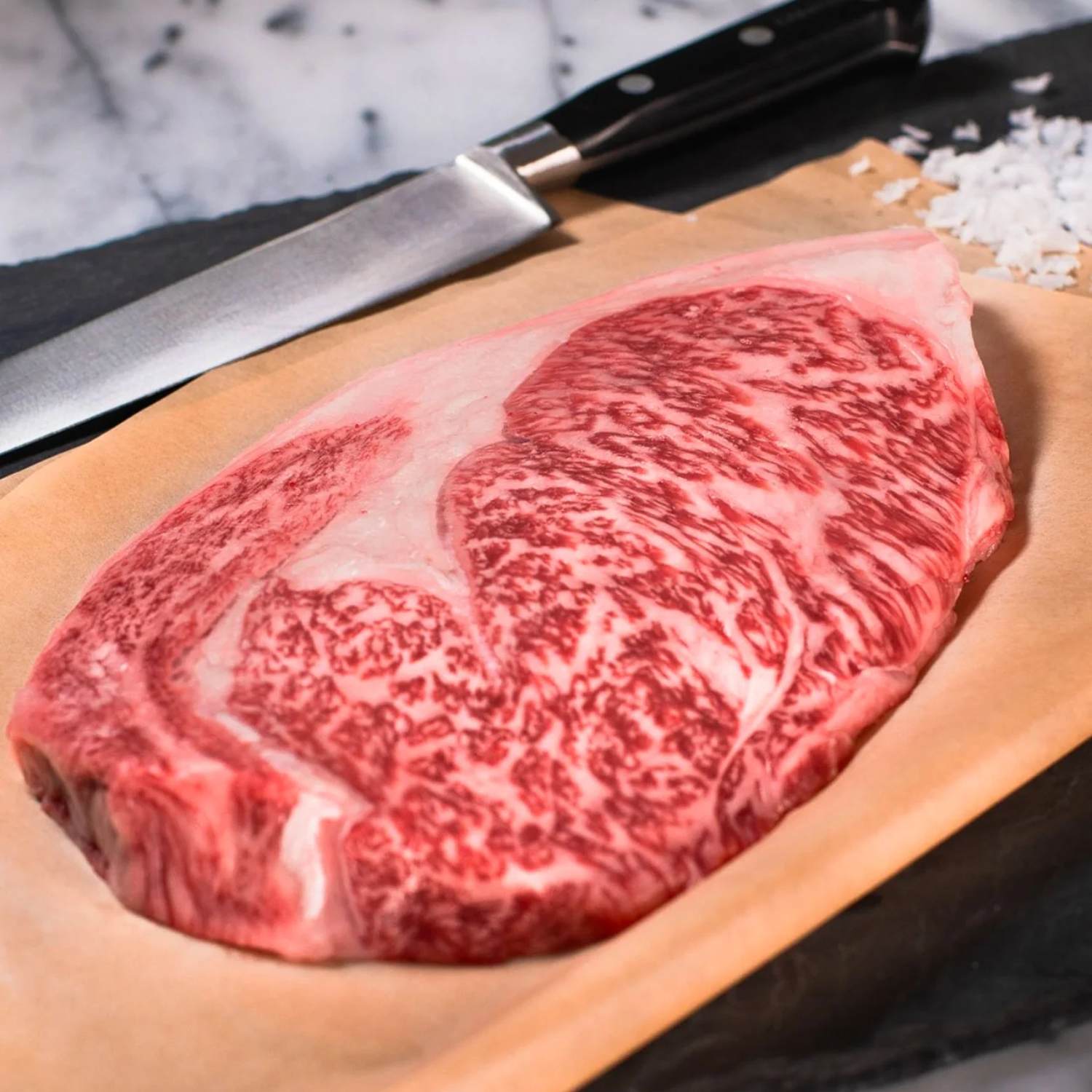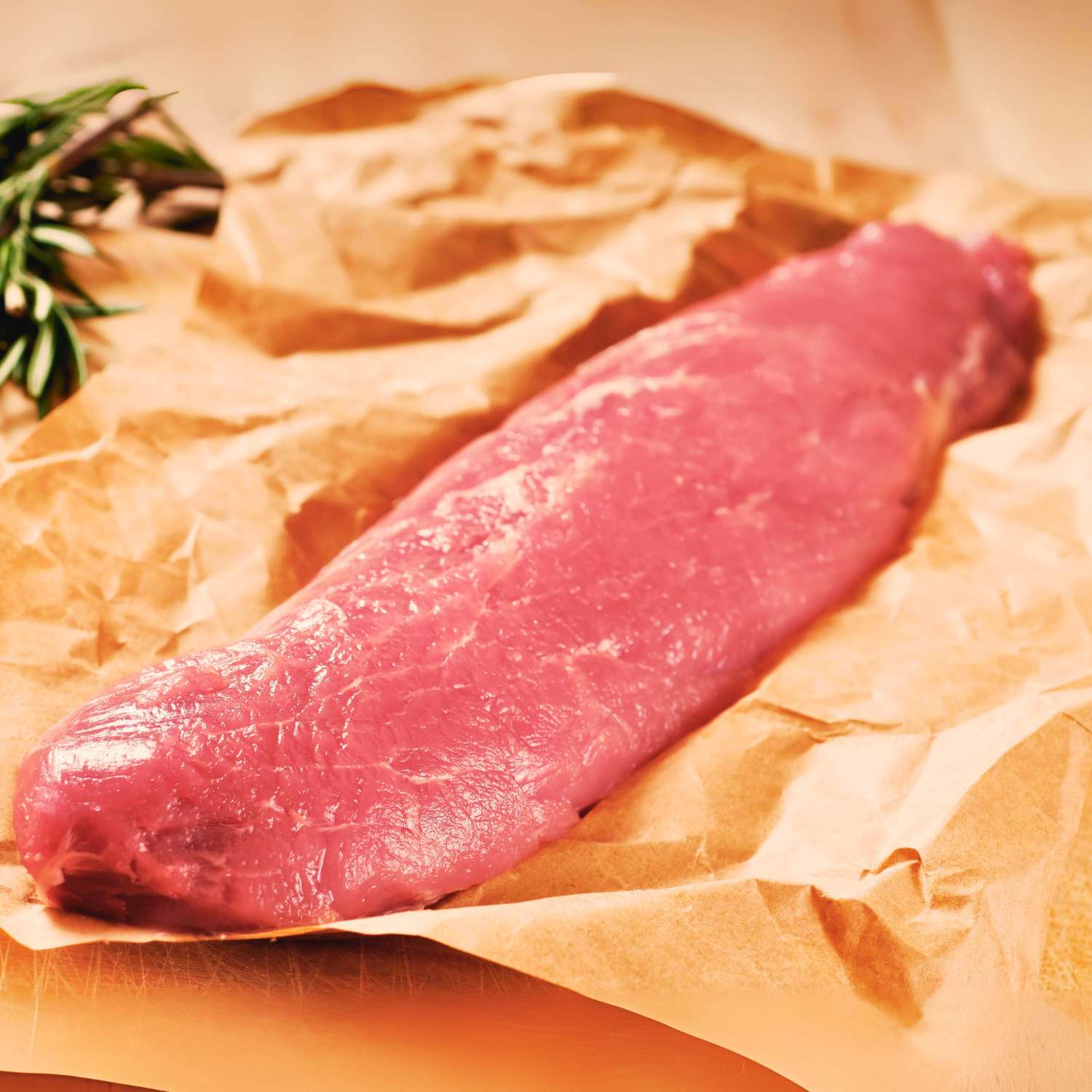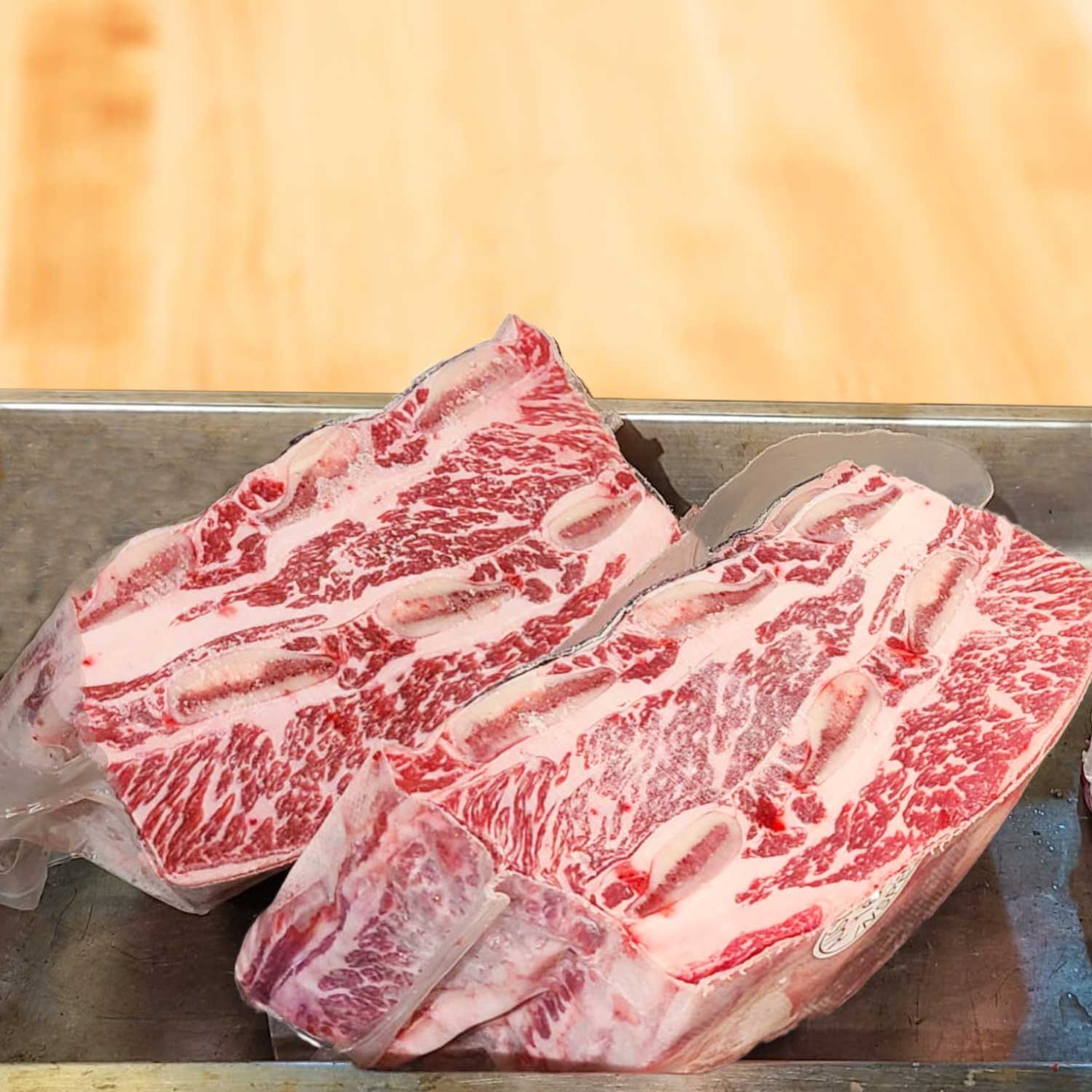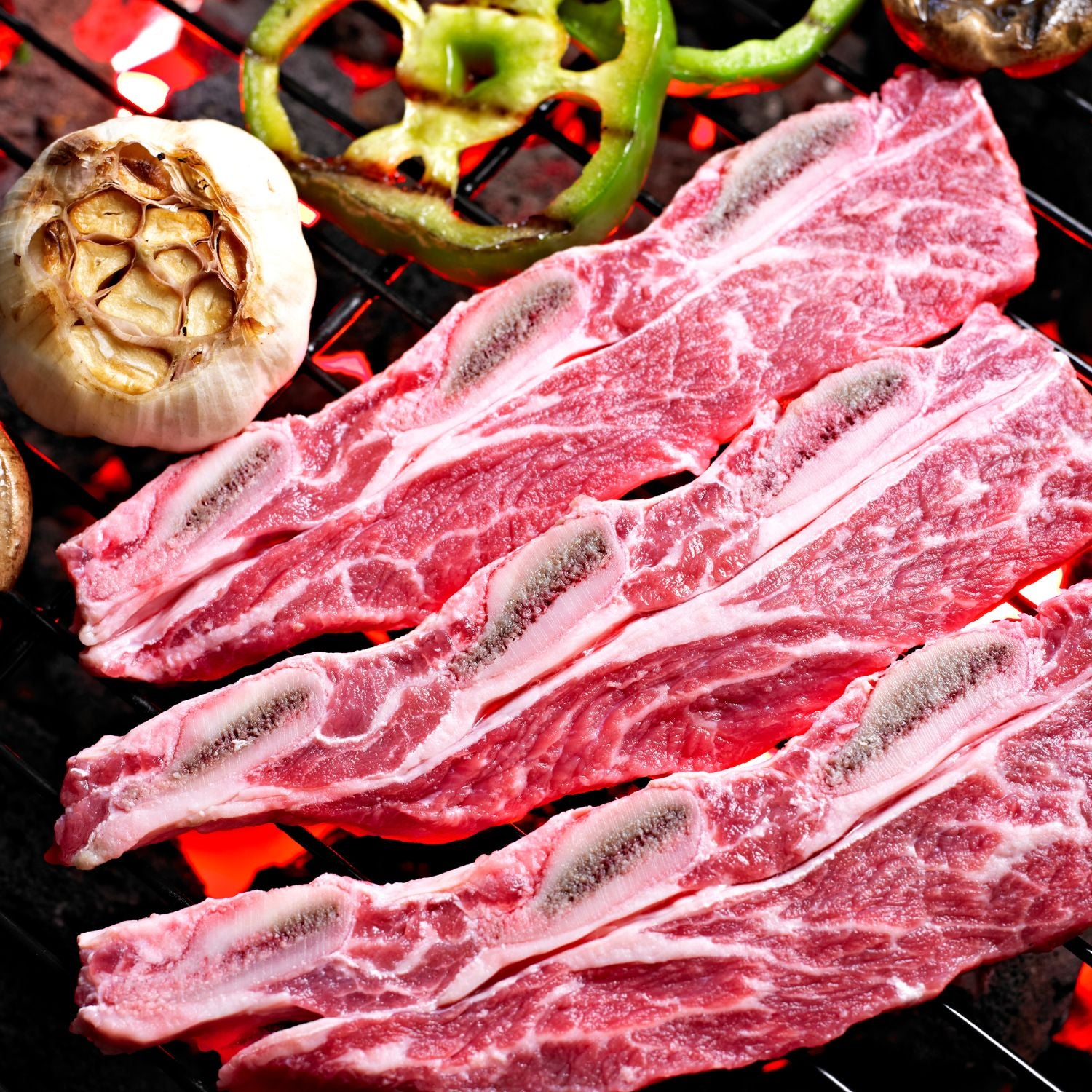Introduction to Grass-Fed Steaks and Hong Kong's Culinary Gems
The Rising Trend of Grass-Fed Beef in Hong Kong
In Hong Kong, people are choosing grass-fed beef more and more. It is healthier and tastes better. Chefs at top restaurants now use it often. This beef comes from cows that eat only grass. They don't eat grains or other foods. Customers like this natural way of farming. They enjoy the richer taste of the meat. There is a big demand in Hong Kong for healthy, quality food. Grass-fed beef is becoming a big part of that. It's good for the body and great on the grill.

Why Grass-Fed Steaks are a Must-Try in Hong Kong's Dining Scene
Grass-fed steaks are not just a health choice. In Hong Kong's dining world, they are a true treat. Here's why they are a must-try. First, their flavor is rich and pure. This comes from cows eating only natural grass. Next, these steaks are leaner but still very tender. Also, grass-fed beef has more good fats like Omega-3s. Chefs in Hong Kong love them for their quality. High-end restaurants often feature these steaks. Food lovers and health buffs seek them out. Try them once, you’ll see why they're special.
Unlocking the Secrets to Cooking Grass-Fed Steaks
Choosing the Right Cut of Grass-Fed Beef
Selecting the best cut is key when cooking grass-fed beef. Here's what to look for:
- Marbling: Look for good fat veins. They melt as you cook, adding flavor.
- Thickness: Choose steaks at least 1 inch thick. This helps cook them evenly.
- Cut: Ribeye, sirloin, and tenderloin are great for grilling. They stay tender.
- Freshness: Fresh cuts are best. Check the color; it should be bright red.
A good cut ensures tender, tasty steak after grilling. Ask your butcher if unsure which to choose.
The Ideal Grill Temperature for Medium-Rare Steaks
To grill a perfect grass-fed steak to medium-rare, heat is key. Aim for a grill temp of 130-135°F (54-57°C). At this range, steaks cook well outside but stay pink inside. Use a meat thermometer to check. This temp brings out the beef's rich taste. It also keeps the meat tender and juicy. Don't guess the heat; always measure for the best results.
Seasoning and Marinades: Enhancing the Natural Flavor
Grass-fed steaks have a rich, robust flavor that's best with simple seasoning. Aim to enhance, not overpower, the natural taste. Sea salt and freshly ground black pepper are classics. They let the beef's quality shine. For a twist, add herbs like rosemary or thyme. Create a marinade with olive oil, garlic, and a touch of soy sauce for an Asian flare. Marinate for at least 30 minutes. This ensures the beef absorbs the flavors. Remember, the marinade is a background player. The steak is the star.
Advanced Techniques and Recipes for Grass-Fed Steak Lovers
How to Prepare a Perfect Wagyu Steak for Special Occasions
Preparing Wagyu for special events calls for precision. Start by choosing the best grade Wagyu. Ensure it has plenty of marbling. This gives it a unique taste and texture. Let the steak sit until room temperature before cooking. This helps it cook evenly. Sear the Wagyu on high heat quickly. This locks in juices. Then, cook it on lower heat to the preferred doneness. Always let it rest before serving to let the juices redistribute evenly. Serve this prized steak with simple sides. They should not overshadow the Wagyu's rich flavor.
Innovative Recipes: Combining Traditional Chinese Flavors with Grass-Fed Steaks
To infuse a touch of Hong Kong's culinary culture into your grass-fed steaks, try these ideas. Use oyster sauce as a glaze for a savory, umami-packed crust. Marinate steaks in a mix of soy sauce, ginger, and garlic for an Asian twist. Top cooked steaks with a drizzle of sesame oil and fresh scallions for a fragrant finish. For heat lovers, add a spicy kick with a Sichuan peppercorn rub. Serve with a side of stir-fried greens, using bok choy or Chinese broccoli, to complement the rich beef flavors.
Tips and Tricks for Perfectly Pairing Wines with Grass-Fed Steaks
Selecting the right wine can elevate your grass-fed steak experience to new heights. A good rule of thumb is to match the intensity of the wine with the richness of the meat. For a robust grass-fed roast beef, consider a full-bodied red wine like a Bordeaux or Cabernet Sauvignon, which can stand up to the meat's bold flavors. If you prefer a lighter cut, a Pinot Noir can complement it well without overpowering the taste. Remember to serve red wines at a slightly cool room temperature to bring out their best qualities with your steak. For an Asian twist, some may enjoy the subtle contrast of a chilled Riesling with its fruity undertones that cut through the beef's savory profile. Regardless of your choice, the goal is a harmonious blend of flavors that enhances your dining pleasure.

